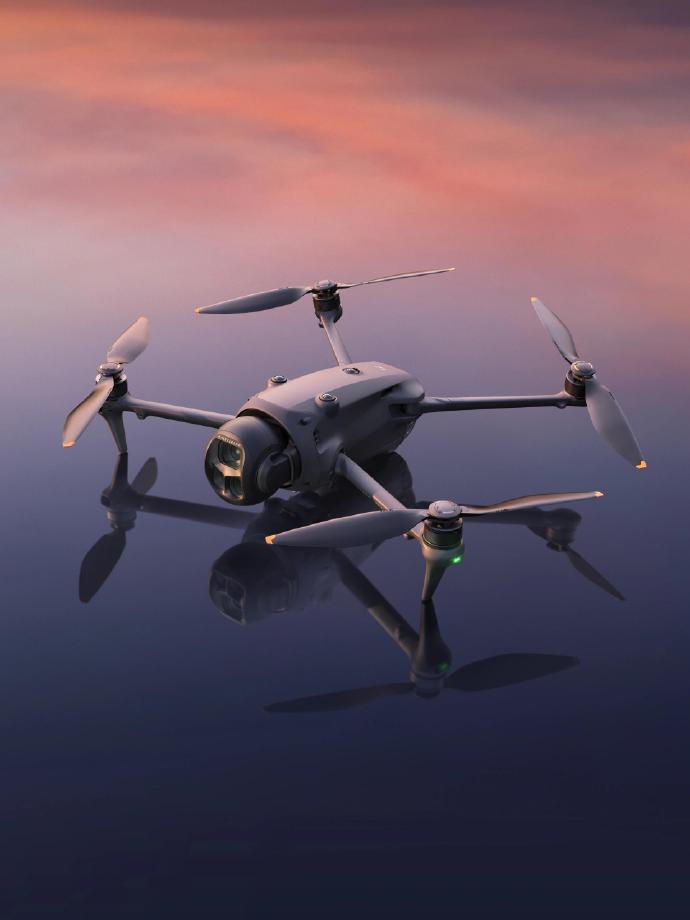The evolving landscape of drone surveillance has sparked significant attention, particularly from organizations such as Brookings. As experts delve into the implications of advanced drone technologies, they explore how these unmanned aerial vehicles (UAVs) could transform security practices and impact policy-making. The future of drone surveillance is bright with possibilities, yet it demands careful scrutiny to balance innovation with ethical considerations.
Implications of Drone Surveillance
Drone surveillance remains a double-edged sword. On one side, it offers unprecedented capabilities for monitoring and data collection. Brookings has conducted extensive research into how drones can enhance security across various sectors, from public safety to natural disaster management. The agility and advanced sensory equipment of drones make them a potent tool for gathering intelligence. However, these benefits come with significant challenges, including privacy concerns and regulatory issues.
Privacy Concerns and Regulatory Challenges
Brookings places a strong emphasis on the ethical dimensions of drone surveillance. Privacy is paramount, as the pervasive use of drones might lead to public unease. The key lies in creating a framework that ensures transparency and accountability. Policy-makers are urged to establish stringent guidelines to prevent misuse while leveraging the advantages of drone technology. Furthermore, the intersection between international and domestic regulations poses additional layers of complexity that Brookings addresses through its studies.
Technological Advancements

Recent technological advancements in drone capabilities are nothing short of revolutionary. These innovations could redefine the boundaries of surveillance, enabling real-time data analysis and increased area coverage. Brookings reports highlight how AI integration and machine learning could enhance drone functionality, making them more autonomous and less error-prone. The future may see drones equipped with advanced thermal cameras, increased flight duration, and more sophisticated data encryption methods.
Applications Across Diverse Sectors
Drone surveillance is not limited to security scenarios alone. Sectors ranging from agriculture to environmental conservation are tapping into the potential of drone monitoring. Brookings explores these applications thoroughly, indicating how drones can optimize irrigation processes, monitor ecosystem changes, and track wildlife patterns. The possibilities are vast, offering new dimensions to traditional practices.
Integrating Drone Surveillance with Existing Systems
One of the critical factors driving the future of drone technologies is their integration with existing surveillance systems. Brookings emphasizes the need for seamless transitions and compatibility. As technology evolves, the potential to harmonize drones with current surveillance infrastructure can lead to more comprehensive security solutions. This approach is essential for realizing the full benefits while minimizing disruptions.
